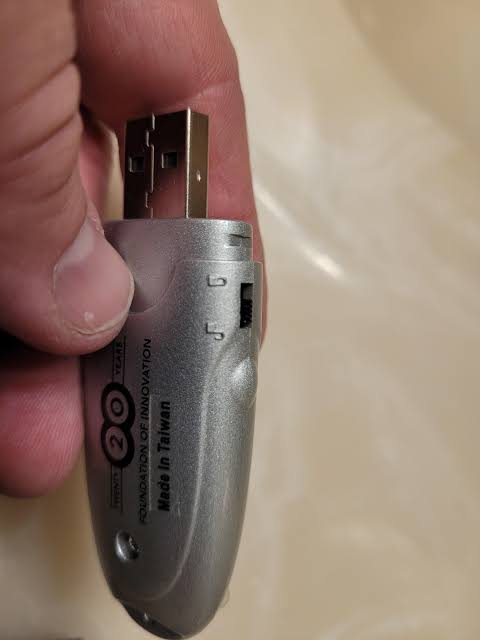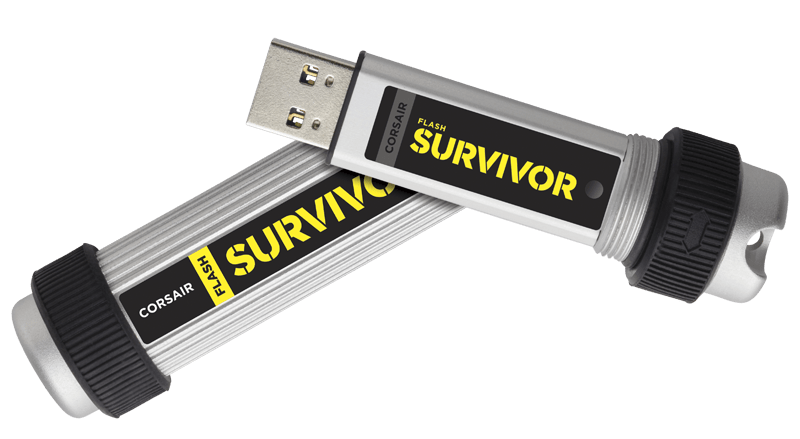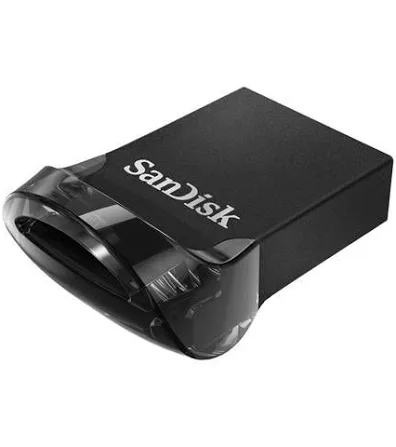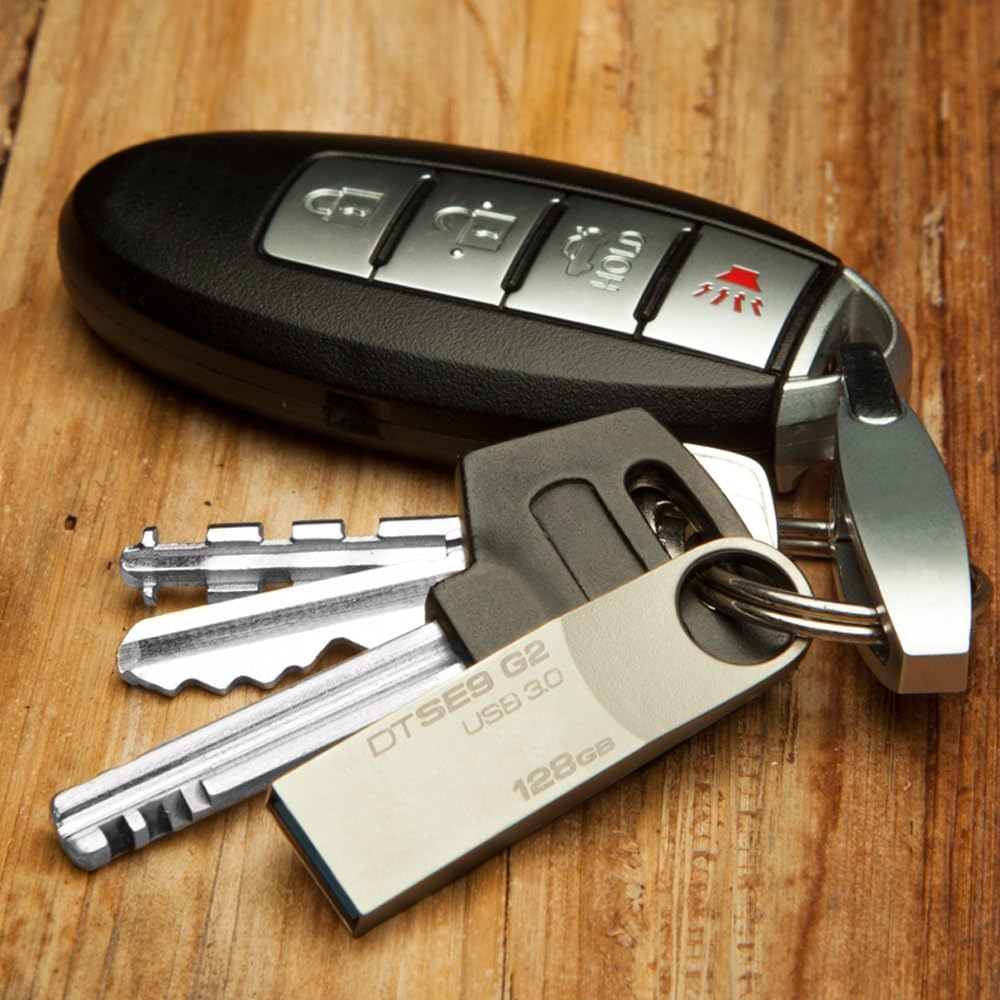Background
I have had the same Kingston DataTraveller DTSE9 since around 2010, when I was still in school. I’ve carried it on my keychain for at least 12 years and it still works, its “the old reliable”.
That said, it’s slow. Very slow. I use it mostly as a boot USB for Linux / Windows, so I need several sticks with decent random read speed, and decent write speed for when I update them.
My criteria were:
- All-metal construction for durability, including the keychain loop
- Sits well on a keychain next to keys
- Reasonable speed, including random reads.
Testing method
I evaluated the sticks in two ways.
I ran CrystalDiskMark with 256 MiB (x5) configuration.
I also measured the angle at which the USB stick sits on a keyring. I found that several of them could not sit perpendicular to a keyring it because of their geometry, which makes it difficult to comfortably use them next to keys.
At the datum of 0 degrees, the key sits perpendicular to the keyring.
Results
The competitors
Here are the 6 main competitors in this space I bought.
All transfer units are in MB/s.
| Product | Price (£) | Angle on keyring (0deg is best) | Sequential reads Q8T1 | Sequential reads Q1T1 | Random reads Q32T1 | Random reads Q1T1 | Sequential writes Q8T1 | Sequential writes Q1T1 | Random writes Q32T1 | Random writes Q1T1 |
|---|---|---|---|---|---|---|---|---|---|---|
| Corsair GTX 128GB | 65 (256GB version) | 0 | 470.214 | 429.330 | 157.436 | 19.390 | 436.990 | 414.201 | 166.829 | 38.937 |
| Samsung Bar 64GB | 10 | 55 | 305.424 | 305.268 | 14.517 | 13.428 | 36.434 | 36.247 | 20.537 | 21.619 |
| Kingston DTSE9G3 64GB | 11 | 0 | 246.705 | 244.496 | 13.756 | 13.028 | 100.236 | 110.054 | 0.484 | 0.474 |
| Integral Arc 3 | 10 | 0 | 162.336 | 161.338 | 15.567 | 11.188 | 49.457 | 47.965 | 5.032 | 4.244 |
| Kingston DataTraveller Micro 64GB | 11 | 0 | 247.000 | 245.247 | 13.788 | 12.961 | 100.932 | 101.292 | 0.496 | 0.470 |
| Sandisk Ultra Luxe 64GB | 12 | 25 | 403.863 | 399.974 | 12.438 | 12.054 | 91.835 | 91.685 | 4.272 | 4.258 |
Some additional notes:
- The Samsung Bar had really sharp corners. You might need to file them down like I did.
- Corsair GTX: the 128GB version is no longer available and the lowest capacity is 256GB. It’s more of a portable SSD in the form of a USB stick, which makes it really fast, but it’s bulkier than a normal USB stick, though not by much. Often it takes up more than one USB port because it’s wide. It’s still very good and I recommend it.
Other devices
Some related products I own but don’t qualify for this comparison but are offered up here for context.
Here’s why they don’t qualify.
-
Crucial P3 Plus: It’s an NVME SSD. Can be made portable with a good enclosure, but too bulky for what I’m looking for.
-
Samsung 860 Evo: It’s a SATA SSD, definitely not the right form factor.
-
Sandisk Ultra Curve: I bought this thinking it was made out of metal, but it was not. It’s fairly flimsy plastic.
-
Kingston DTSE9 16GB: This is my old stick. The old reliable. No longer sold, but I’ve tested its successor.
-
Samsung SD Card: It’s a 2016 MicroSD card connected to my PC via a MicroSD-SD adapter and a USB card reader. I included this as a meme.
| Product | Sequential reads Q8T1 | Sequential reads Q1T1 | Random reads Q32T1 | Random reads Q1T1 | Sequential writes Q8T1 | Sequential writes Q1T1 | Random writes Q32T1 | Random writes Q1T1 |
|---|---|---|---|---|---|---|---|---|
| Crucial P3 Plus M.2 NVME 2TB | 1598.227 | 1332.131 | 305.220 | 46.643 | 1560.989 | 1452.256 | 238.134 | 102.502 |
| Samsung 860 Evo SATA 1TB | 564.446 | 539.913 | 272.631 | 43.322 | 536.440 | 518.168 | 238.752 | 101.313 |
| Sandisk Ultra Curve | 160.091 | 158.859 | 9.271 | 9.043 | 58.680 | 60.377 | 2.902 | 3.209 |
| Old Kingston DTSE9 16GB | 18.452 | 18.220 | 8.473 | 8.096 | 13.626 | 13.629 | 0.115 | 0.026 |
| Samsung Memory Pro Plus Micro SD Card | 20.765 | 20.969 | 5.146 | 5.102 | 19.493 | 20.316 | 2.181 | 3.421 |
Conclusion
There are no clear winners in this fight.
- The Corsair GTX is the fastest in all categories by a country mile, but has a larger form-factor than other entries and higher price. Very good, but not for everyone.
- Samsung Bar has the fastest random writes, and decent performance in other metrics for its USB stick form factor, but sits awful on a keychain due to the angled hole.
- The Integral Arc 3 has solid random performance, but worst sequential performance than the rest.
- Sandisk Ultra Luxe gets the best overall balance of performance, but does not sit on the keychain super well.
- The two Kingston’s perform effectively the same, with the Micro being much more compact. That said, that can be a disadvantage on a keyring if there are adjacent items.
- All competitors (bar the GTX) had similar random reads.
For me, I’d say the right choice is either the Kingston DTSE9G3. It’s a nice upgrade over my old DTSE9 and sits nicely next to it’s grandfather. If I needed any random writes though, for copying lots of small documents like code files, I’d pick the Integral Arc 3.
Oh my god, thank you so much for this. I have always had the hardest time finding these exact same requirements, and this is perfect. All metal construction and coexisting with keys has always been a priority for me, but it seems like everyone is inexplicably fine with copping out by just dangling their data on this flimsy little string tied to a brittle plastic case and I cannot understand it.
I’m not currently looking for one at this exact moment, but I will be returning here when I am. You’re doing the lord’s work out here!
Others have said this but THANK YOU SO MUCH! This is extremely valuable info for me as I pretty much only want full metal flash drives. I have a couple Samsung Bars, and I will absolutely snag a GTX.
deleted by creator
8GB in 2007?! How much did that cost?
deleted by creator
Shit I had one of those. Now I’m feeling all nostalgic remembering fidgetting with the slider
Still have this same usb stick and it works flawlessly
had a bunch of these, the ones with U3 partitions were super hack tools, could autorun apps and scripts like a CD, windows didn’t know wtf to do.
deleted by creator
I bought 2, probably around the same time. One of them failed after years of serving as my NAS boot drive, so I replaced it with its twin, and that one is still going strong.

One of these took me through university in 2002
I really miss the hardware read only switch.
Computer labs did not have front USB back in those days, so we had to choose between floppies or diving under the desks. I was in the diver club.
32MB was massive for documents at the time. It could hold your entire academic life back then.
Afaik, if it works the same as SD, it just tells the OS/device nicely to not write. Not very secure.
I believe there are small microSD adapters that ensure read only so ymmv
No, back in those days these were very much hardware/firmware based. It’s a decade before the SD standard.
I remember 256MB sticks were a game changer for me. 1TB still seems unnecessarily to me. You carrying Wikipedia in there?!
Wikipedia is only 110GB… https://library.kiwix.org
I carry around PowerPoint presentations that contain huge loops of satellite data. I love my 1TB USB stick.
Oh I forgot about those switches. I think that means I probably don’t really miss them, I mean, it’s not like putting something on it necessarily deletes what’s on there and it’s kind of hard to accidentally write to one.
It’s also from a period where Windows machines were riddled witb viruses that spread by USB. This prevented your drive from getting infected.
32MB was massive for documents at the time. It could hold your entire academic life back then.
Nowadays you need like 32 Gigabytes lol
There’s one out there, named something like kangaroo, where they actually have signed firmware, and a hardware read/write switch (most of the time, the read/write switch is software based) parentheses.
This is comprehensive, and impressive. Good job. Saving this post for my next purchase.
Thanks, I wish more people did their own tests and published them like this since marketing for electronics is loose at best
Yeah, about the only place I trust for electronics reviews is rtings, and usually consumer reports for household appliances. Everywhere else seems infected by the affiliate bug
Thanks for doing this! I’ve been pretty happy with my Samsung bar, considering how durable it’s supposed to be, but it’s great to hear about other options.
You may want to consider posting this to https://slrpnk.net/c/product_reviews.
This fucking rocks, you rock, thanks for making this!!
I had one Samsung Bar fail after two years, the second one still works.
At the moment I’m using a Philips Moon Edition USB stick but only since February. Can’t speak for long term usage and didn’t do any benchmark but I’m happy so far and the form factor would meet your criteria.

You should benchmark it as I have and post your results!
shit, dude. fuck
This is probably my favourite metal flashdrive of all time. I had a 1GB of the first generation and then later another usb3 one of 32GB

These days I carry one of these on my keychain.

Surprisingly fast given the size. Will do 300MB/s sequential read. About 90MB/s write
I use medicat/ventoy on it with windows 11 , debian and linux mint ISOs on it.
I did see that second one, but I realised it would not fit my criteria for the angle of the hole, so I didn’t get one.
Pro tip from me (a pro): Never buy flash drives that aren’t one metal body. I have broke a 128GB flash drive simply by putting a tad bit too much pressure on it and misaligning the USB connector. It now doesn’t work. I also injured one by misaligning the usb in the plastic case. It still works but isn’t ideal.
Even if it is one plastic body, the plastic will chip away with insertions. My SanDisk Ultra Dual is in rough shape because of the weak plastic. Meanwhile my SanDisk Ultra Dual Luxe (the metal variant) is still pristine.
Also, don’t buy cheap flash drives if you wish to use them frequently. They have terribly slow speeds even if they use a USB 3.0 interface. They might work okay as install media which you only need to use every few months or years, but they have painfully slow write speeds.
Edit: Yes, I know the metal drives have thermal issues. But thermal issues are better then losing the entire drive because the casing chips away and exposes the connector to things that eventually kill it.
I agree of course, hence why I am only picking metal ones. I’ve lost USB sticks to broken clips and bodies.
Why would they have thermal issues? If anything, they should dissipate heat better than plastic drives.
Or is it that by thermal issues people mean that they get hot to the touch?
Why would they have thermal issues? If anything, they should dissipate heat better than plastic drives.
Look… I almost failed high school chemistry.
Hey, no shame man.
This is dope! I wish there was a proper community that did tests like this in mass using open source standardized methods/hardware.
you should check out the kingston SE9 G2. It has a smaller loop end and so it works way better on a keychain. unfortunately they didn’t keep the feature for the G3.
This is an awesome analysis. I need to make a plug for my favorite, the Kingston FCR-ML3C. Its a micro metal usbc /usbA micro SD card reader. I upgrade my Samsung micro SD in it every once in awhile for speed and space upgrades. It sits lovely on my ID badge (works on Keychain too) and it’s a Swiss army type device that will work on whatever type of data port comes my way. Have used it for years and simply love it.







